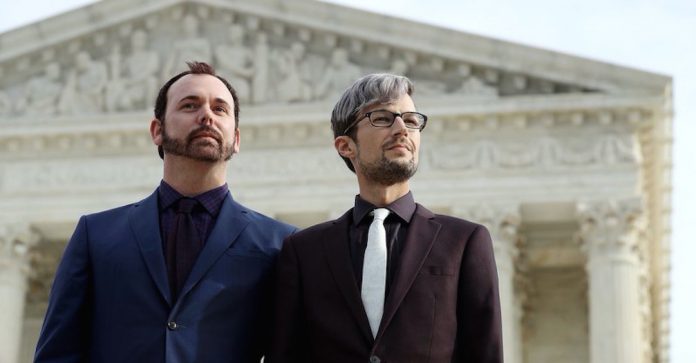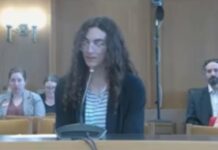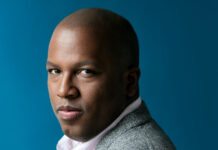Coming at the start of Pride Month, the Supreme Court’s decision on the case of the Colorado baker who refused to bake a wedding cake for a gay couple on the grounds of his religious belief against same-sex marriage likely would have gone one of two ways.
If the Court decided in favor of the gay couple, the celebrations would have been grand. If the Court backed the baker, the energy at Pride would surely have galvanized great outrage into action.
What actually happened was something down the middle, leaving many scratching heads.
According a June 4 AP report in the Boston Globe:
The Supreme Court ruled narrowly Monday for a Colorado baker who wouldn’t make a wedding cake for a same-sex couple. But the court is not deciding the big issue in the case, whether a business can invoke religious objections to refuse service to gay and lesbian people.
The justices’ limited ruling turned on what the court described as anti-religious bias on the Colorado Civil Rights Commission when it ruled against baker Jack Phillips. The justices voted 7-2 that the commission violated Phillips’ rights under the First Amendment.
So the Court’s narrow ruling in favor of the baker turns out also to be a loss for the baker’s backers—those who’d hoped that anti-discrimination laws could be created to refuse goods and services to select groups (here, LGBT people) in the name of free speech or religion.
As GLAD attorney Mary Bonauto explains it in a June 4 press release from GLAD:
The Court was mindful of how far adrift we could go if every individual could apply his or her religious beliefs to every commercial transaction. The Court contrasted permission for a clergy person to refuse to marry a couple as an exercise of religious belief, on the one hand, with the unacceptable “community-wide stigma” that would befall gay people if there was a general constitutional right to refuse to provide goods and services.
Looking forward from here, the majority of the Court – those in the majority as well as Justices Ginsburg and Sotomayor – stood on the side of “civil rights laws that ensure equal access to goods, services, and public accommodations.” In applying those laws, neither a person’s religion nor their sexual orientation should affect the administration of justice. As the Court stated in its penultimate paragraph, “disputes must be resolved with tolerance, without undue disrespect to sincere religious beliefs, and without subjecting gay persons to indignities when they seek goods and services in an open market.”
The decision may generate mixed feelings in our community. After all, we can’t lose sight of the fact that the couple in this case, David Mullins and Charlie Craig, were in fact turned away because of who they are. Our anti-discrimination protections remain vitally important, and we seek explicit protections for LGBTQ people throughout the country.
We urge the LGBTQ community and others to remain confident in going about their business, working, attending school, marrying, and raising their children. We believe the Constitution still requires as much.
In other words, this ruling—coming in these early days of Pride Month—gives the LGBTQA community good reason to both celebrate AND galvanize our outrage into action for wider, greater and more inclusive rights for everyone.
Happy Pride! Let’s keep up the fight!









